Introduction
The Middle East has recently seen an upsurge in the killings of a Hezbollah commander and Ismail Haniya from Hamas. This has further flamed tensions in the region that is already on the brink of increased violence in the region. Experts are getting into these events to understand what they may have deduced from this and what may come next. This article brings insight into such an analysis and puts these events into context.
Hezbollah Israel and the Risks of Escalation
Such events have fueled concerns over regional escalation in the Middle East for the past 11 months. Key actors like Hezbollah, Iran, the U.S. have in their dealings seemingly took relatively few risks, calculating none wants to start a war that would likely engulf everyone. However, Israel has been rather heavy handed in its approach to both Hezbollah and Hamas. This has led to a cycle of escalations that dies out due to intervention of the US and Iran. The latest Israeli escalation is however
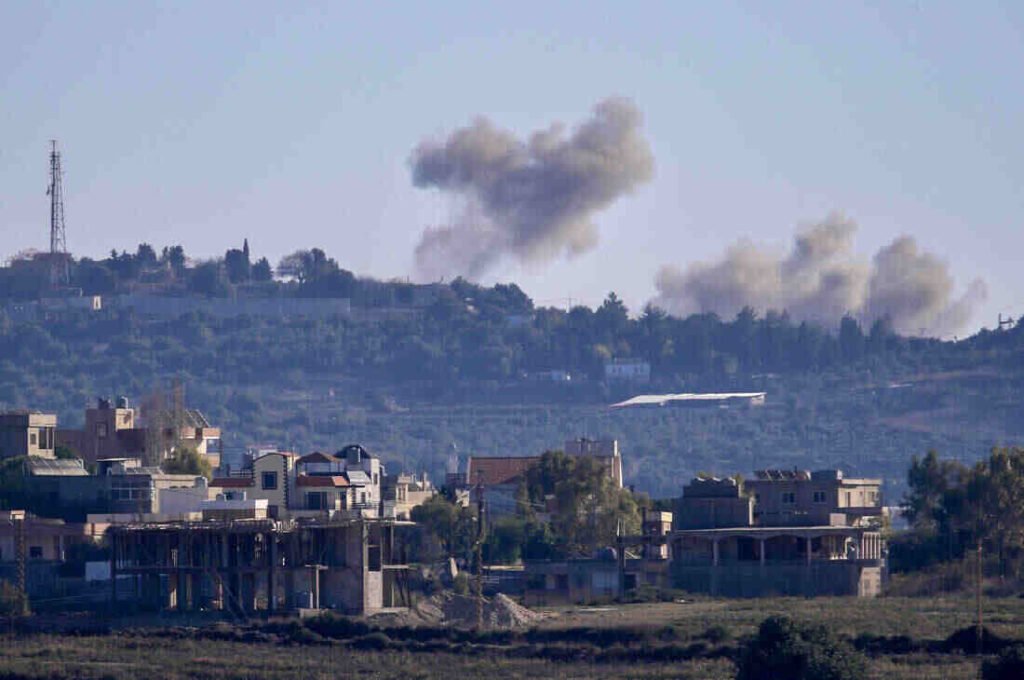
The scale of such a conflict would be unprecedented, involving multiple nations such as Syria, Lebanon, Iraq, and the Gulf States, possibly directly involving the United States and Iran. However, recent assassinations have raised the stakes for such a conflict. Although a full-blown war still seems avoidable, the situation is volatile. The “blood is up,” and the traditional restraints on various parties are eroding, increasing the risk of miscalculation.
Risks and Miscalculations
Both are making such calculated moves in an effort to stave off an explosion. But the risk of both sides misunderstanding each other’s intentions is great. Iran and Hezbollah, for their part, feel compelled to respond to the assassinations. Israel might construe responses, crafted to be of scale and measured, as crossing a new red line—precipitating an even more intense Israeli retaliation. This tit-for-tat cycle would quickly become unmanageable unless cooler heads prevail
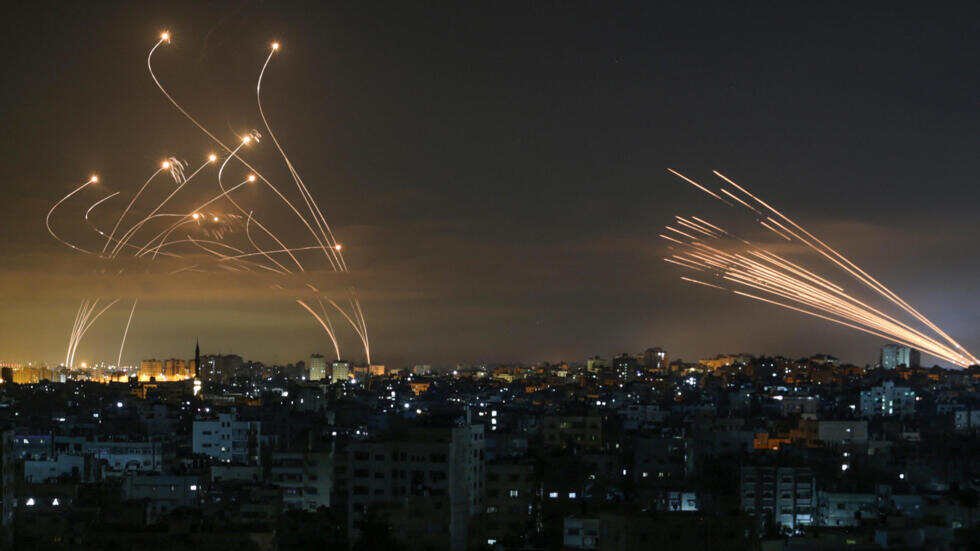
This now calls for responsible third-party intervention in the region to avert. In fact, it even musters statistics in presenting how, in the last ten months, the Biden Administration has given mostly a free hand to Israel, except in Gaza, where it disagrees with actions like the use of starvation as a weapon or the killing of civilians and destruction of civilian infrastructure. But the full horror of a nightmare scenario is beginning to change that.
The US Presidential elections
With less than 100 days left before the election and a lame-duck president, timing is everything. The U.S. is relatively in a tough position; its influence in the region is assuredly limited. However, concerning the Israeli-Palestinian conflict, the United States’ greatest strategic challenge is not Iran, Ukraine, China, or even the conflict itself. Instead, it is the upcoming presidential election.
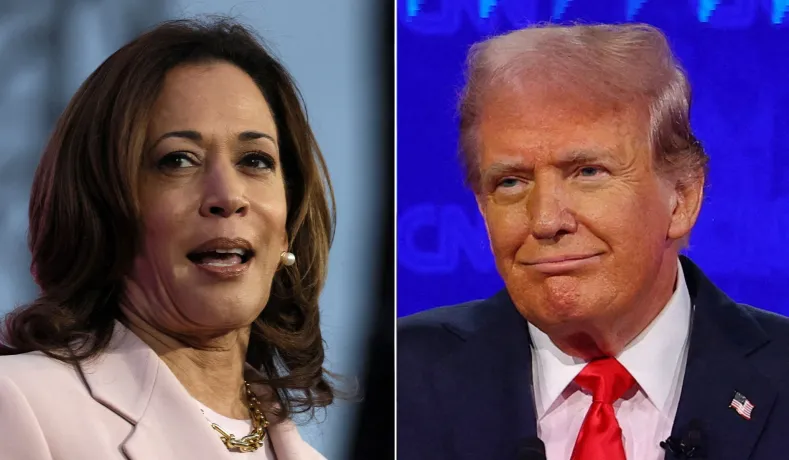
Hezbollah and Israel tensions and the Impact on Gaza Ceasefire Negotiations
The assassination of the key mediator in truce talks, Ismail Haniyeh, has actually been responsible for making the peace talks a failure. This has been an act that does not show an interest on Israel’s part throughout the process of the ceasefire. Any ceasefire negotiation has not been accorded serious consideration and is not likely to restart in any immediate context, by killing an important negotiator where one is trying to tell that negotiations for a ceasefire are not a priority and it won’t take place for a long period of time.
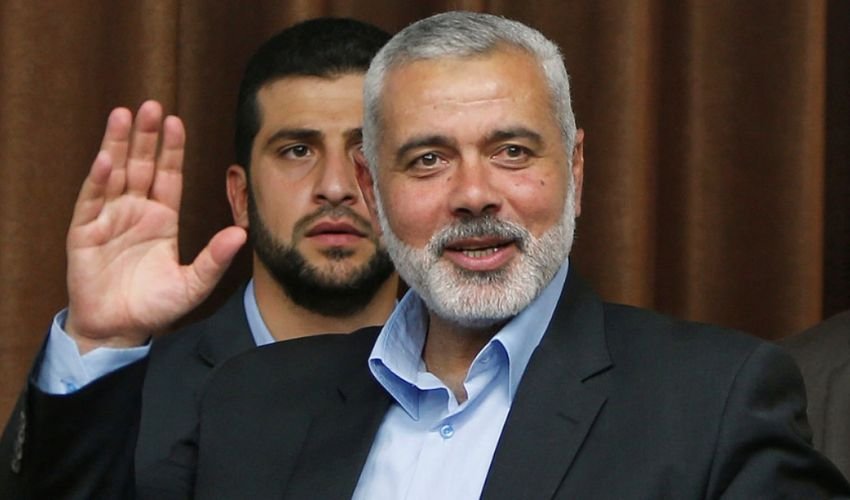
The U.S. has backed up Israel’s war, at each phase of it, with diplomatic, military, and political power. To be fought without the keen endorsement and help of the U.S., the war could not be. It may have to stop this, not only to avert a regional explosion but perhaps to save Israel from itself and from a self-annihilating course.
Conclusion
The assassinations of a Hezbollah Commander and a Hamas leader have further inflamed what is already a highly inflammable situation in the Middle East. A regional war is staring at our faces, full-throttle; there are innumerable possibilities of miscalculations leading to escalation. One cannot over-emphasize the mammoth role that the United States has in this conflict. The US can still hold the situation from spiraling down to anarchy in the next few weeks.











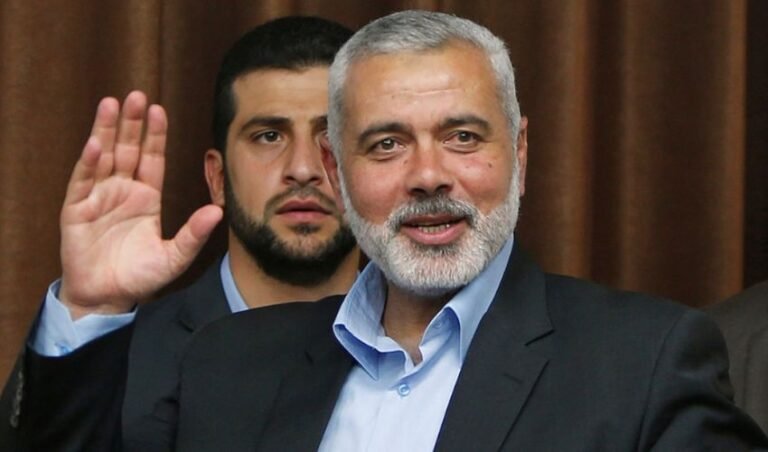
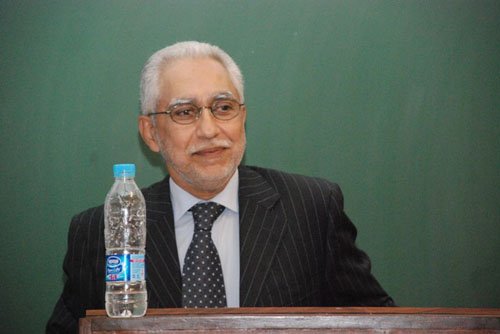
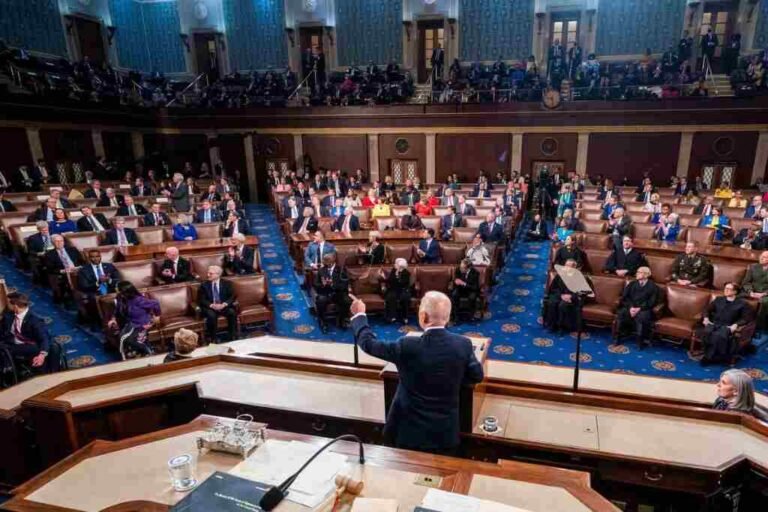

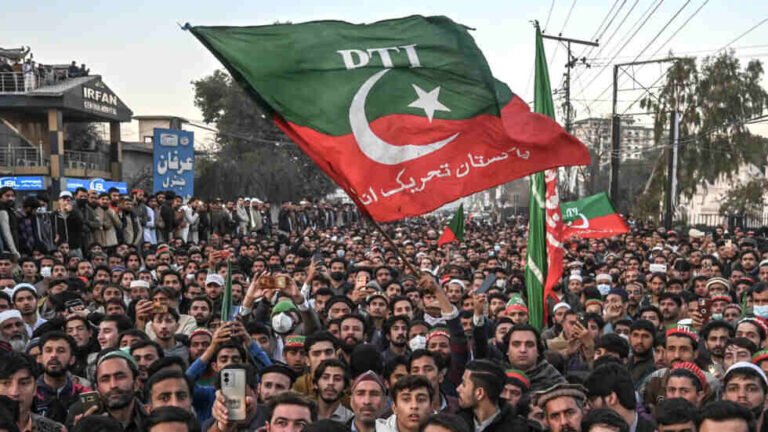
+ There are no comments
Add yours